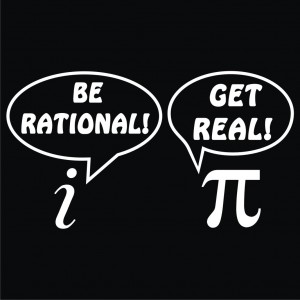Too Much of a Good Idea Can be a Bad Thing

We at Mobus Creative Negotiating sing the praises of behavioral economics that shows that we are not Mr. Spock: emotions do affect our decisions. As the January 17, 2016 New York Times article by Jennifer Kahn, “The Happiness Code,” explains “We cash checks quickly but drag our feet paying credit-card bills, no matter the financial cost, because cashing a check generates a surge of dopamine but paying a bill makes us feel stressed.” Mobus Creative Negotiating also draws on the work of psychologists who show how we are affected by “cognitive biases” like “anchoring”–the tendency to rely on one piece of information (usually the first thing we hear) when making a decision.
But these good ideas can be taken to extremes. Seminars in “applied rationality” teach how to apply “rational thought” to your whole life. As the New York Times quoted one enthusiast, “When you realize that people are complex systems – that we operate in complicated ways, but also sort of follow rules – you start to think about how you might tweak some of those variables. One leader in the field offers $3,900-a-person workshops which the Times described as “run like a college-dorm cram session… in bargain-basement conditions, with mattresses scattered on the floor.” The aim is to show how habits might be changed.
Some of the fans think “applied rationality” is “important to humanity’s long-term survival,” to quote the Times. As one put it, “Self-help is just the gateway. The real goal: save the world.” Well, maybe. But as the Times author described the workshop at “Rationality House,” “the vibe was just a little strange.” Let’s get a little perspective on life here, folks. What we at Mobus Creative Negotiating teach is how to negotiate better business deals, not how to save humanity.
Follow this link to read the full article at the New York Times: “The Happiness Code”
–Patrick Clawson

